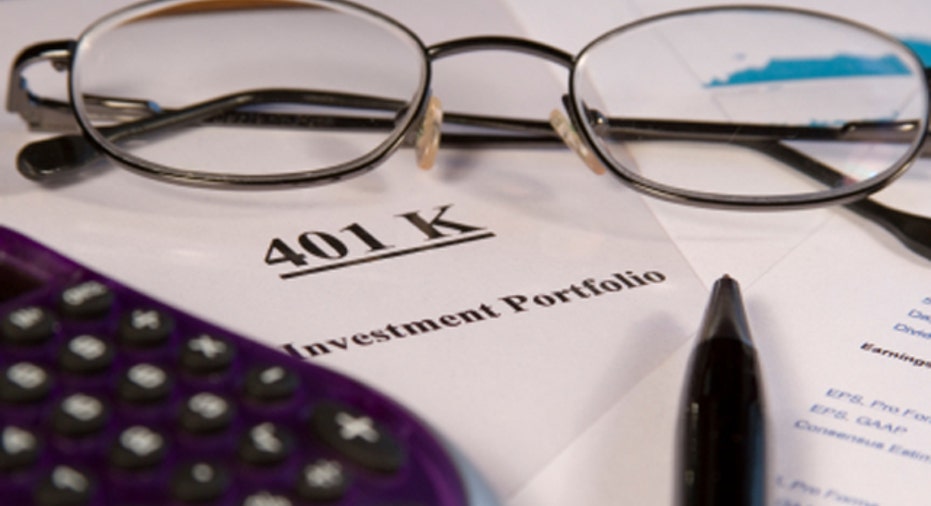Retirement Planning in 2012 and Beyond

Enjoying golf and the good life in retirement may seem, for many, to be more like a long shot than a hole in one. In fact, plenty of baby boomers say they will need to work forever just to stay afloat. According to Susan Jacobson, Ph.D., associate professor of finance and economics at Regis University in Denver, the key to financial security in retirement is to save as much as possible as early as possible, consider stocks and diversify among asset classes. In this Q-and-A, professor Jacobson provides advice -- not on how to perform on the green, but how to save enough "green" to someday retire comfortably.
Has the current economic situation changed retirement planning for baby boomers?
Because of the volatility in the stock market in the last four years, many people have given up on stocks, thinking they are too risky. The long-term data indicate that this is a mistake. Over the long run, most financial analysts still think that stocks can provide higher returns than bonds. Also, with bond yields so low now, and the expectation that interest rates will rise from historic lows as the economy improves, financial logic argues for greater investment in stocks, not bonds. But psychology has a big impact on the decisions investors make, and the recent past has been very good for bond investors.
In addition, people who were counting on appreciation in the prices of their homes to fund retirement have definitely had to think differently about how they will afford to retire. Many people will have to work longer than previously planned.
For retirees already on a fixed income, what effect has the recession caused?
Very few people are actually on a "fixed" income. Most pensions and Social Security are indexed to the (U.S. Consumer Price Index) -- payments rise with the overall rate of inflation. However, because overall inflation has been low, payments to retirees have not risen much. If the average retiree consumes a market basket much like the one used to measure the CPI, she/he is no better or worse off. But prices don't all rise at the same speed, so people who consume goods, whose prices rise faster, are hurt. People who spend most of their income on a fixed mortgage payment may actually be better off in terms of cash flow, though they have lost significant wealth stored in their homes.
How can an individual plan for retirement and determine the total amount he or she needs once retired?
This is very tricky. In fact it's impossible. It all depends on the lifestyle people want to live, and more importantly, what happens to inflation. Even economists who earn their livings predicting economic data have a very poor record predicting inflation. The answer to the dilemma is to save as much as possible, starting as early as possible.
What impact has the economic meltdown had on investment plans such as a 401(k)?
People invested in stock mutual funds have essentially sacrificed four years of returns. Those invested in bonds have done better.
What are some of the financial risks for people in retirement?
The biggest risks are inflation and medical expenses. You can insure against the risk of medical expenses. It's very difficult to insure against the risk of inflation.
What advice you would offer to individuals who are planning for their retirement?
Save as much as possible as early as possible. Don't shy away from stocks. Diversify among many asset classes. Choose low cost index funds.
Special thanks to Susan Jacobson, Ph.D., department of political economy, Regis University, for sharing her insights in this interview.



















